Natural Fertilizers that you definitely have at home and which will make your plants grow
Natural fertilizers promise vigorous plants without altering the environment, derived from plant, mineral or animal materials, they give a boost to ornamental plants and the vegetable garden.
Discover the 6 best natural fertilizers to make yourself for the garden!
1 – BANANA SKIN, THE FRUITY NATURAL FERTILIZER
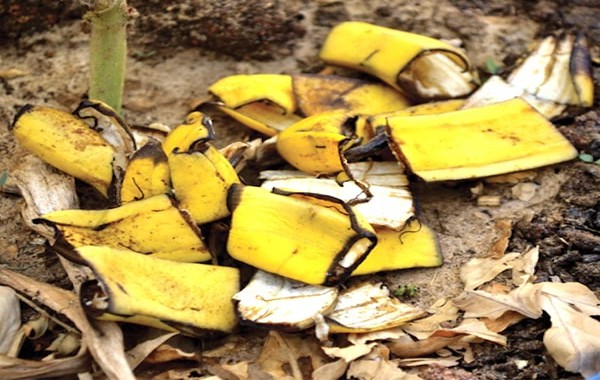
Don’t throw away your banana peels, they are very rich in potassium known to optimize plant growth and stimulate flowering. Potassium also contributes to the good maintenance and shading of the colors of the flowers. To use banana peel as fertilizer, simply cut it into small pieces and bury it at the base of the plants. Over time and watering, the potassium will be extracted and enrich the soil. And this tip is even more effective for the soil of rose bushes which love this organic waste. Of course, we will preferably favor bananas from organic farming. It will have the merit of being better for your health and that of the soil used for planting.
2 – COFFEE GROUNDS

Coffee grounds are not just for divination, you can also use them as fertilizer, especially for potted plants. Rich in nitrogen and phosphate, it is an excellent natural fertilizer for the growth and beautification of plants. 3. Cooking water Don’t throw away the cooking water from pasta, vegetables or rice! Rich in vitamins, mineral salts and other nutrients from cooking food, this water is an excellent fertilizer. Set it aside, let it cool well and then water your plants and flowers.
3 – WOOD ASHES
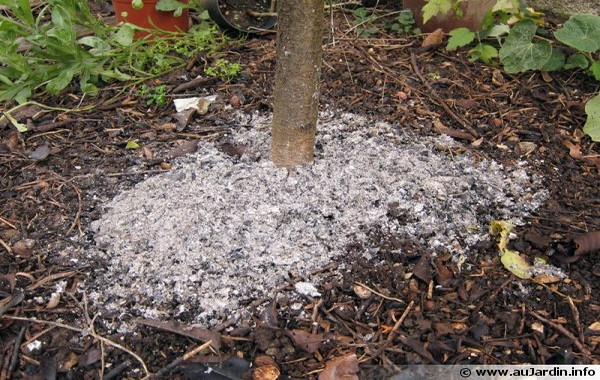
By keeping the ashes from the fireplace, barbecue or wood stove, you have in your hands a concentrated and effective fertilizer. In addition, ashes fight against plant diseases and repel gastropods (snails and slugs). In all cases, start by sifting the ashes so that only a fine powder remains.
As a fertilizer, ashes can be applied in 2 ways: – you can spread them in a thin layer around the flowerbeds, then bury them superficially by lightly scratching the earth; – the other solution is to mix 1 kg of ashes in a bucket of water to obtain a kind of gray milk. All that remains is to water your plants after stirring well.
Against diseases: – mix the ashes with water to form a creamy paste. Then, brush the trunk of fruit trees to protect them from diseases;
Against gastropods: – sprinkle ashes all around crops coveted by slugs and snails. Gastropods hate it and quickly turn around.
4 – EPSOM SALT
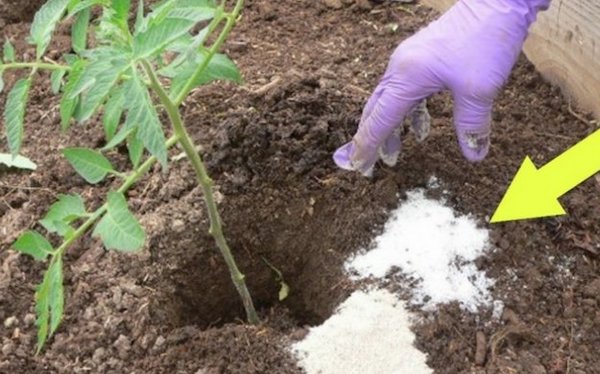
Epsom salt adds magnesium and sulfur to the soil. It is especially good for tomatoes and roses. Salt water with Epsom salt is ideal for seedlings and also to reduce transplant shock. Known to give plants a dark green color, especially on soils low in magnesium, this is a quick and easy recipe. To do this, put 1 tablespoon of Epsom salt in 4 liters of water. Use this mixture for indoor and outdoor plants. Epsom salt can also be mixed into the soil around plants at a rate of 1 tablespoon for every 2 feet of height and water.
5 – EGGSHELLS
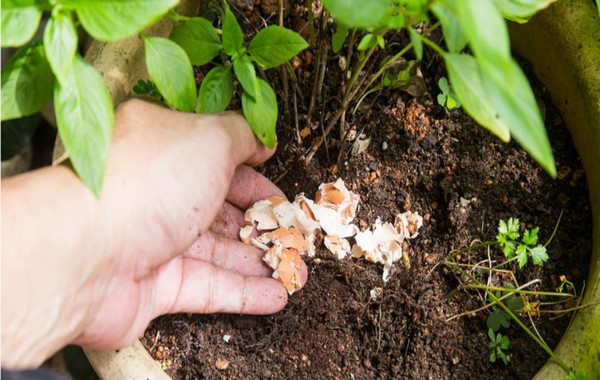
Use eggshells in small pieces at the base of plants. The calcium contained in the shells plays a vital role in leaf development. A whole expired egg can also be used and should be placed at the bottom of the pot or in the ground. When it decomposes, it will provide elements and chemical components to the plant.
6 – NETTLE MURE
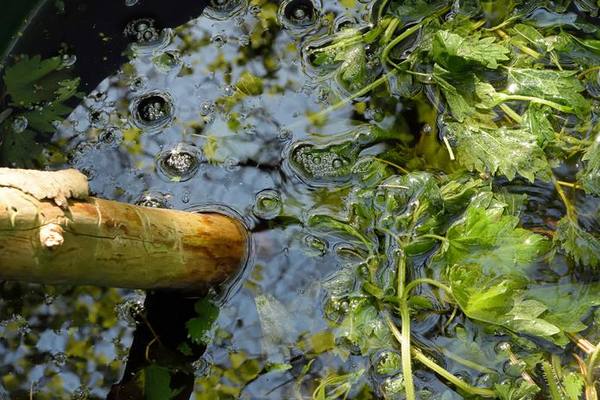
Nettle manure is very effective in the garden. Depending on the dosage, it can be used as fertilizer, insecticides, and even treat certain diseases. To use it, filter and dilute it then add it to the watering can with water.
If you do not want to use manure, you can also plant nettles in the planting holes.
